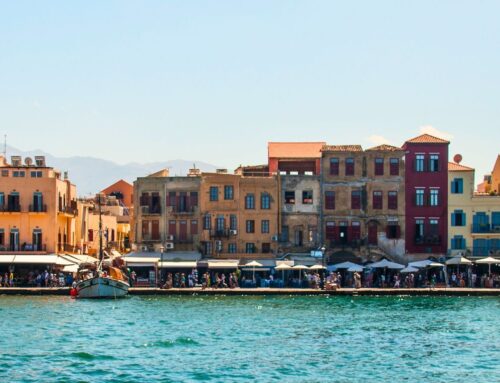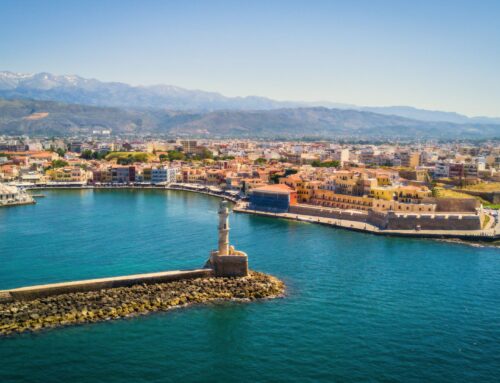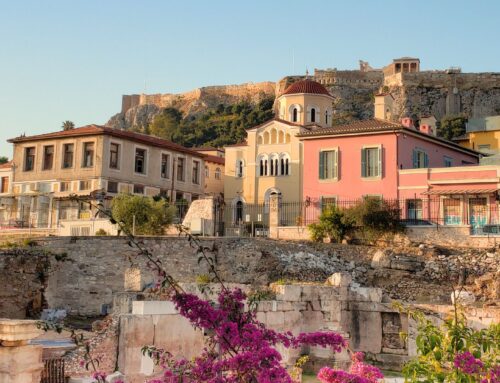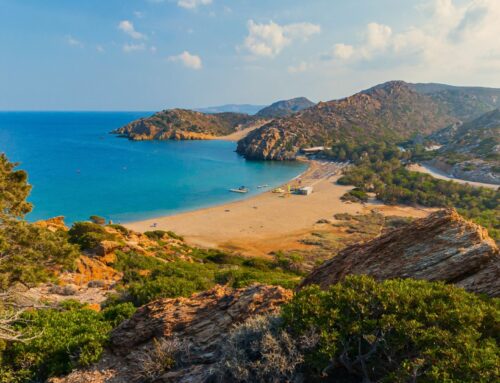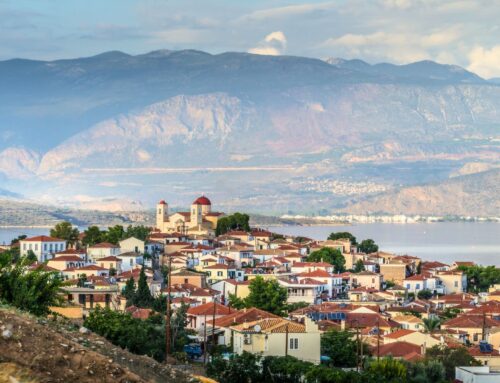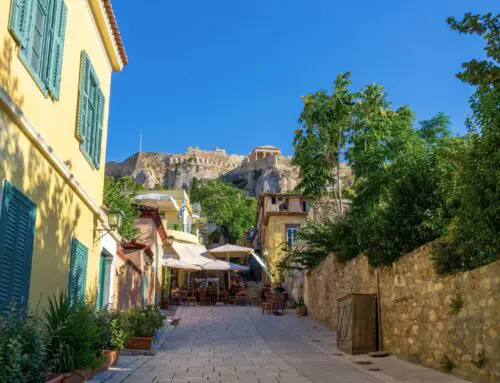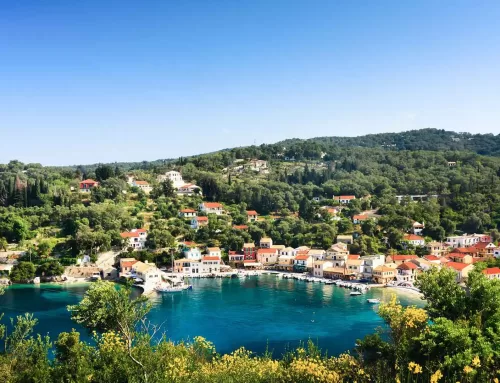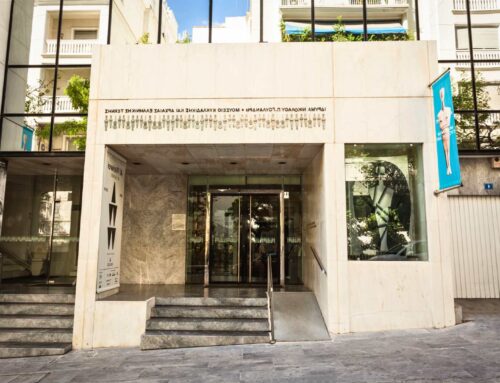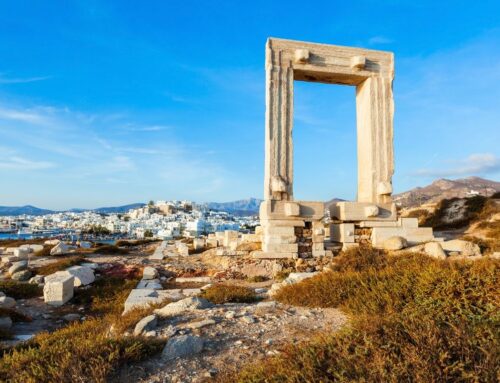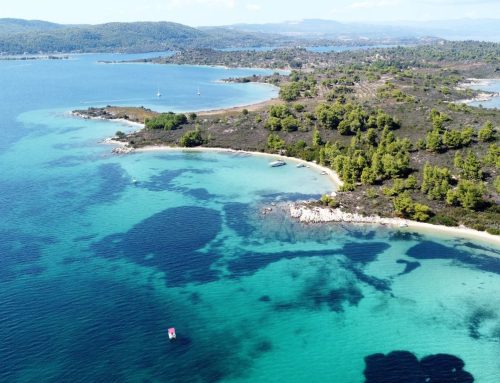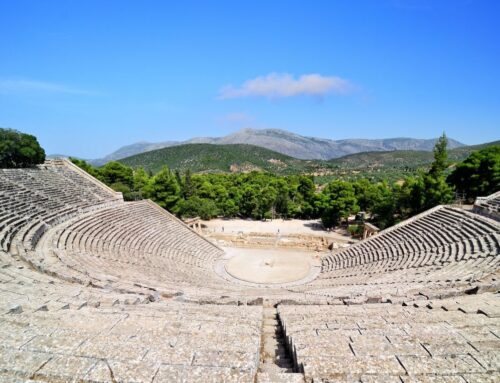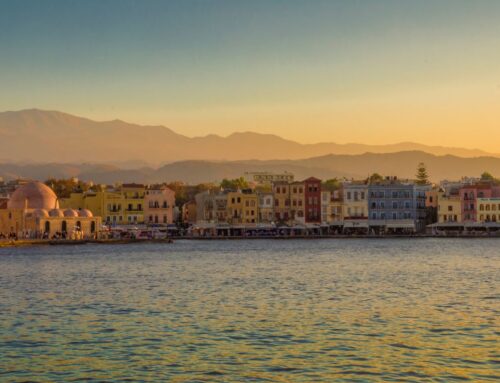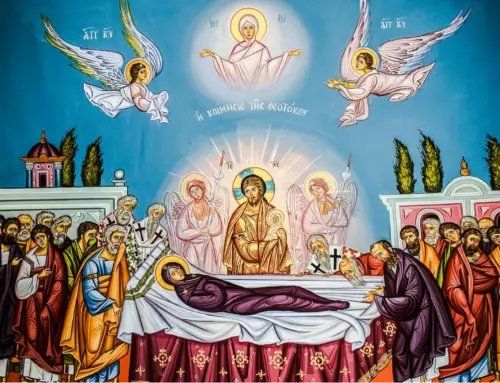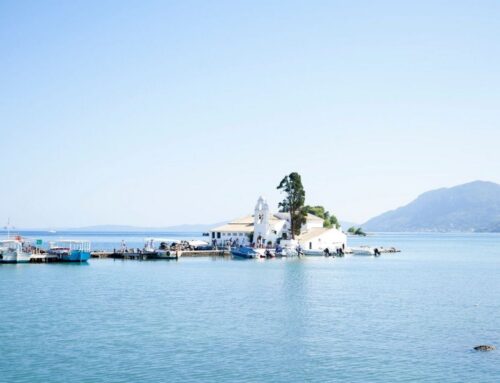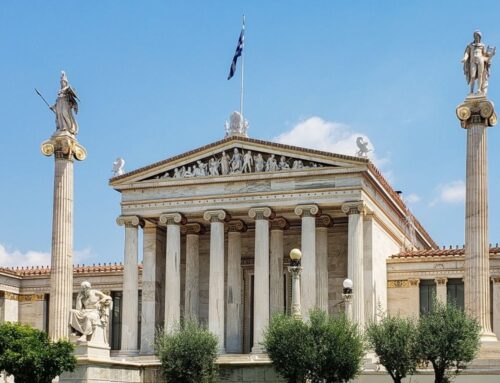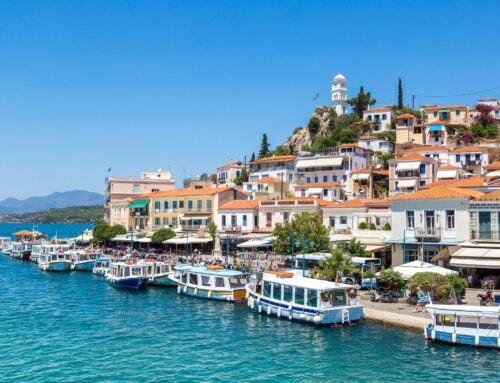Public Holidays in Greece & Useful Information
Public Holidays in Greece & Useful Information
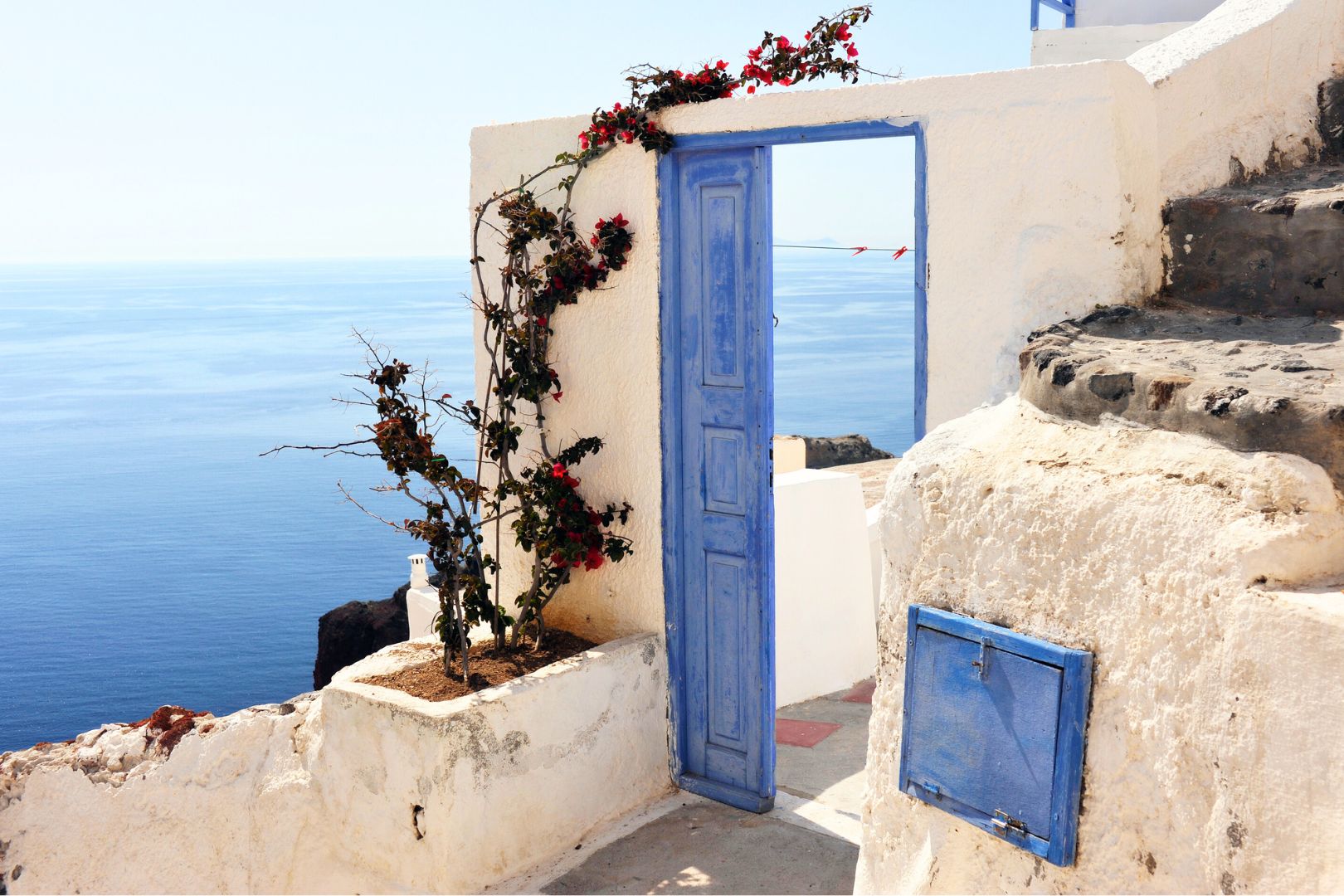
☞ Table of Contents:
Public holidays in Greece are called “argia” or “argies” (plural). In total, Greece has twelve public holidays of which eight are fixed into a certain date and four are moveable. You will want to keep these days in mind when planning a holiday or trip to Greece to avoid peak travel periods or reach certain destinations where you can experience rich cultural experiences and traditions.
As is common in most countries, there is increased movement and travel around areas on public holidays especially during the biggest of the bank holidays in Greece, the 15th of August.
8 Public Holidays in Greece That Are Fixed
These public holidays always take place on this specific date.
- 1st of January – Optional Public Holiday
New Year’s Day is an optional public holiday which is nevertheless celebrated in many countries around the world including Greece. The 1st of January celebrations actually begin the day before, with carol singing, cooking preparations and the gathering of families. On the night of January 1st, a special cake called “vasilopita” or Saint Basil’s Cake is prepared that contains a hidden coin somewhere inside it. This is also the night Santa Clause arrives.
- 6th of January – Optional Public Holiday – Religious Holiday
The 6th of January is also called Epiphany and is a religious holiday. You might hear it being referred to as “Fota” as well which translates to “Lights”. This is a day in celebration of the revelation of God incarnate as Jesus Christ. It is one of the most important days of the liturgical year, together with Pascha (Easter) and Pentecost (Whit Sunday). If you are in Greece during this day, head down to a body of water to observe the blessing of the waters by the priest. Large crowds gather and a cross is then thrown into the sea which the faithful jump into the freezing waters to retrieve. You can read more about this and other Greek traditions here.
- 25th of March – Obligatory Holiday – National Day – Also Religious Holiday
The 25th of Day is Greece’s Independence Day. It was established in 1838 under then King Otto and commemorates the start of the War of Independence against the Ottoman Empire which started in 1821 and lasted roughly until 1829. This is also an important date for Orthodoxy, celebrating the announcement of archangel Gabriel to the Virgin Mary that she will become the mother of Jesus Christ. In addition to attending parades it is also customary to eat crispy fried cod (bakaliaros) and garlic sauce (skordalia). This is because of the Lent period which technically doesn’t allow animal products but makes an exception for this day.
- 1st of May – Technically not a Public Holiday but a Strike – Obligatory Holiday
The 1st of May is also called International Worker’s Day or Labour Day in some countries. In Greece, it is both a day in celebration of worker’s right with protests and gatherings as well as a celebration of spring. It is typical to see people gather in parks, make wreaths out of flowers, take to nature and spend the day with friends and family.
- 15th of August – Obligatory Public Holiday – Religious Holiday
The day of the Assumption of the Virgin Mary (Panagia) on the 15th of August is one of the most important religious holidays in Greece. Every region of Greece pays tribute to the Virgin Mary, with different traditions and churches having their own unique celebrations but in general it is day of celebration for the reunion of mother and her son rather than one of mourning and loss. The fact that it coincides with the peak of the summer months makes this a period that most Greeks take their leave on and head towards the Greek islands. You should try to attend a “panigiri” traditional festival to experience some of the customs and old traditions yourself.
- 28th of October – National Day – Optional Public Holiday
The 28th of October also known as “Ohi Day (Oxi)” or “No Day” is in celebration of the rejection of then Greek dictator Ioannis Metaxas to the Italian forces to enter the country. It was given as a response to an ultimatum given by the Italian dictator Benito Mussolini on the 28th of October in 1940 which demanded Greece allows the Italian Axis forces to enter the country and occupy strategic locations. On this day, massive civilian and military parades take place all over the country.
- 25th of December – Obligatory Public Holiday
- 26th of December – Obligatory Public Holiday
Just like in most Christian countries around the world, Christmas and the day after Christmas are public holidays where people take time to go to church and spend time with their families. The 26th of December in Orthodoxy also holds religious significance with the Synaxis of the Most Holy Theotokos (Virgin Mary).
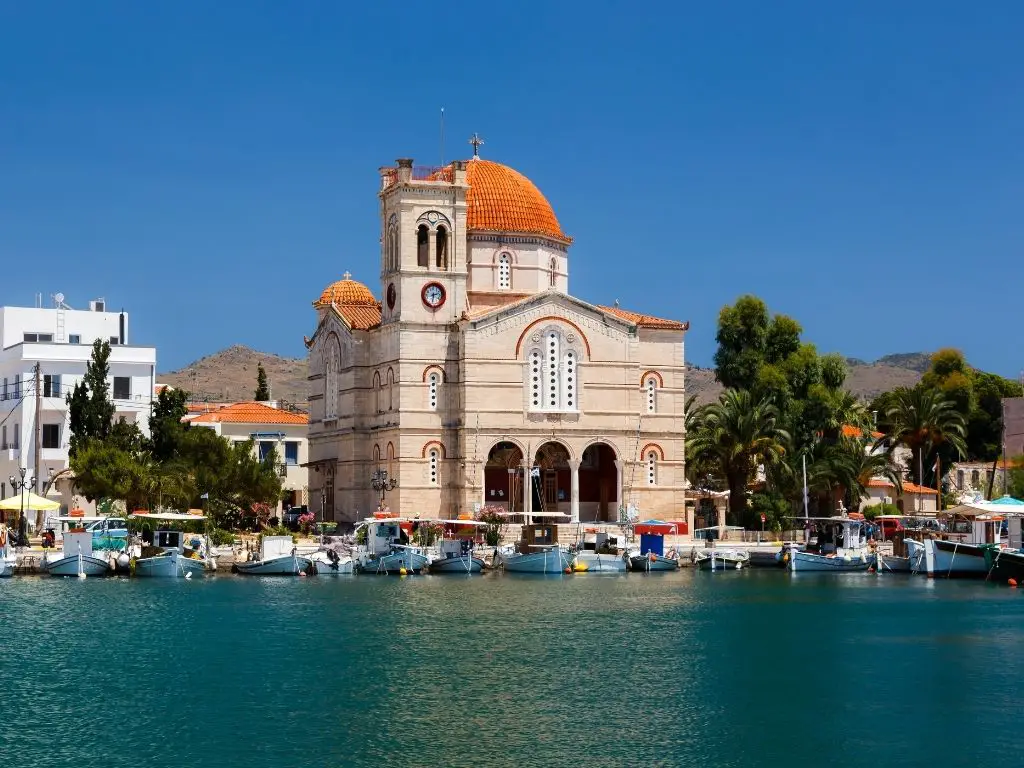
4 Public Holidays in Greece That Are Moveable
- Ash Monday
Ash Monday or Clean Monday is always celebrated on a Monday, 48 days before Easter. Clean Monday marks the beginning of Lent in Orthodoxy and the end of the Carnival festivities or “Apokries”. A lot of family friendly events take place on Clean Monday with lots of meat-free food like lagana bread, seafood, the national bean stew dish (fasolada) and taramas (fish roe dip).
- Good Friday
This is a day of mourning for all of Orthodoxy and Christianity and people usually stay at home or go to church, and avoid doing chores or housework. Shops only open for a few hours during the middle of the day. At church, the epitaph, which is the symbolic tomb of Christ, already decorated with flowers from the night before, is taken out and epitaph processions take place throughout the day with most beginning around 9pm. Even the smallest and most remote churches honour the epitaph traditions and people walk quietly with lit candles throughout the neighbourhood before making their way back to church.
- Easter Monday – Obligatory Public Holiday
This is an obligatory public holiday in Greece.
- Whit Monday
Whit Monday is most commonly known in Greece as Pentecost or Monday of the Holy Spirit.
It is a religious holiday that is dedicated to honouring the Holy Spirit and specifically his descent upon the disciples of Jesus Christ.
Additional Information About Public Holidays in Greece
Greek law mandates that every Sunday of the year is a public holiday. As a deeply religious country, this is an opportunity for Greeks to be able to go to church and fulfil their Christian duties.
Easter Sunday while technically a public holiday is not characterized as such due to the fact that every Sunday is a public holiday in Greece.
Since 1983, in the event that a bank holiday falls on a Sunday, it is not be transferred to another day.
There are a lot of regional public holidays in celebration of the patron saint of a specific city or district. These are often referred to as “Name Days” or “Liberation Days”.
Relevant to those looking to move or work in Greece is the fact that public holidays are broadly categorized between official or mandatory and those that are optional. This distinction is relevant when negotiating pay and possible salary increases if the business chooses to operate normally on optional public and should be carefully looked at before signing employment contracts.
*Disclaimer: This page might include affiliate links. If you decide to book something through one of them, I might get a little bonus, but it won't cost you anything extra.*


